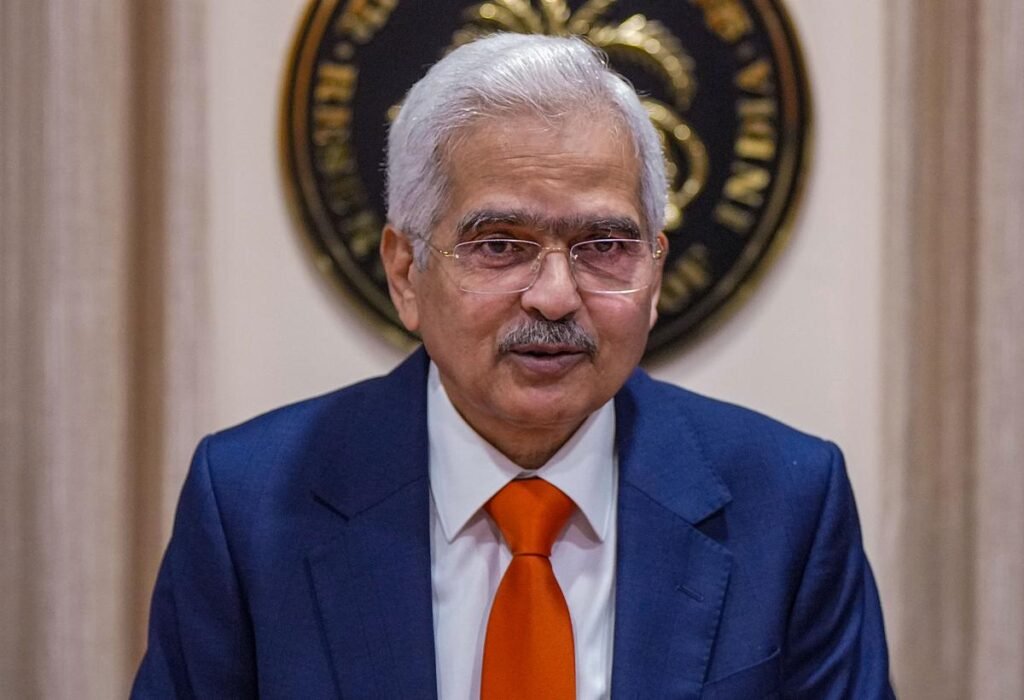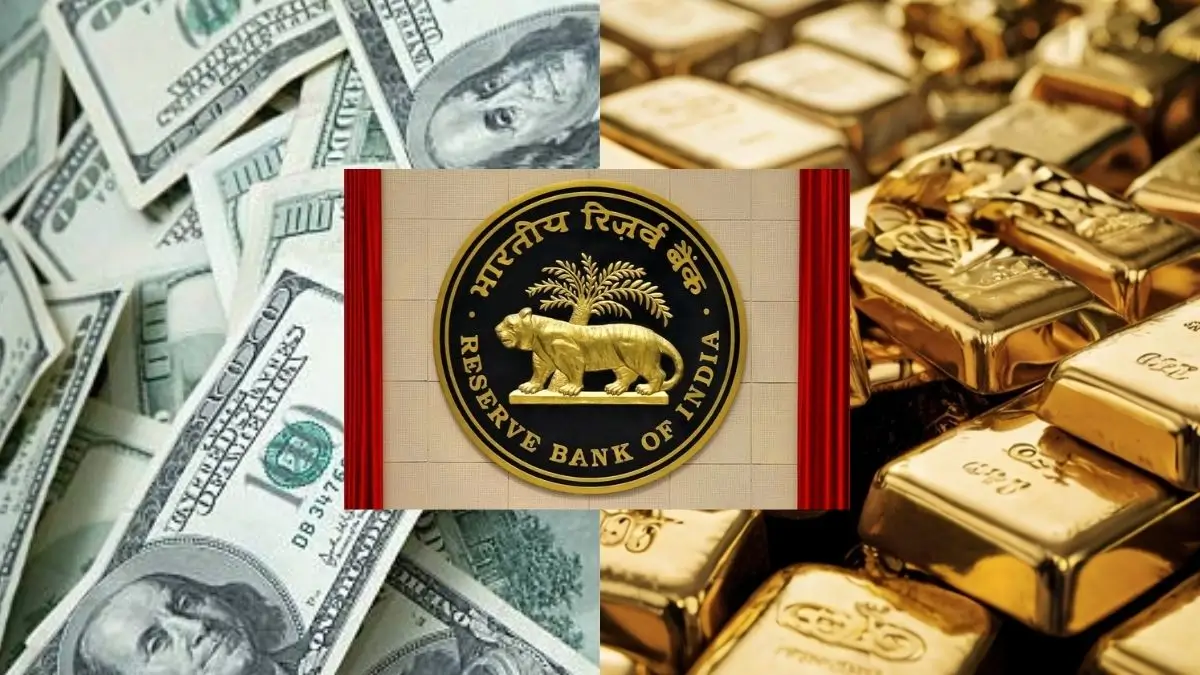RBI Flags High Inflation as Key Risk to Macroeconomic Stability, Vows to Bring Inflation to 4%
The Reserve Bank of India (RBI) has raised concerns over rising inflation rates, identifying it as a critical risk to the country’s macroeconomic stability. In its recent announcement, the RBI has pledged to take measures to bring inflation down to the target level of 4%. This development has significant implications for various government exams, including those for positions such as teachers, police officers, banking professionals, railway personnel, defense personnel, and civil services like PSCS to IAS.

Why this News is Important:
- Impact on Monetary Policy: The RBI’s commitment to tackling high inflation is vital because it directly affects monetary policy. Inflation rates influence the RBI’s decisions on interest rates, which, in turn, have consequences for the availability of credit, investment, and economic growth. Students preparing for government exams related to economics and finance must understand these connections.
- Economic Stability: High inflation can erode the purchasing power of a nation’s currency, leading to economic instability. For aspirants preparing for civil service exams, this is a critical concept to grasp as it affects the overall health of the economy.
Historical Context:
In recent years, India has witnessed fluctuations in inflation rates. Understanding this historical context is crucial for exam preparation. The government and RBI have aimed to maintain inflation within a target range, and the current goal is to stabilize it at 4%. Historical data reveals how inflation has impacted India’s economic growth and stability over time.
Key Takeaways from RBI’s Inflation Announcement:
| Serial Number | Key Takeaway |
|---|---|
| 1 | RBI is concerned about the rising inflation rate. |
| 2 | It aims to bring inflation down to 4%. |
| 3 | High inflation can affect monetary policy. |
| 4 | Inflation has implications for economic stability. |
| 5 | Understanding inflation is essential for various government exams. |
Important FAQs for Students from this News
Q: What is inflation, and why is it a concern for the RBI?
A: Inflation is the rate at which the general level of prices for goods and services rises. The RBI is concerned about it because high inflation can destabilize the economy, erode purchasing power, and impact monetary policy.
Q: How does the RBI plan to bring inflation down to 4%?
A: The RBI uses various monetary policy tools, such as adjusting interest rates, to influence inflation. It aims to control inflation through these measures.
Q: What is the historical context of inflation in India?
A: India has experienced fluctuations in inflation rates over the years. Historical data reflects how inflation has impacted the economy’s stability and growth.
Q: How does inflation affect government policies and the daily lives of citizens?
A: High inflation can influence government policies and burden consumers by increasing their cost of living and reducing their savings.
Q: Why is it important for aspirants of government exams to understand inflation and its implications?
A: Understanding inflation is crucial as it is a significant factor in economic policies, monetary decisions, and overall economic stability, all of which are important topics in government exams.
Some Important Current Affairs Links

















